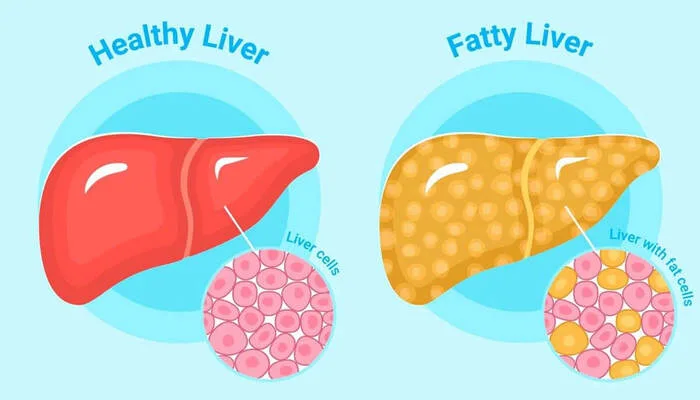
A new study published in the medical journal Cureus has found that patients with Metabolic Dysfunction-Associated Fatty Liver Disease (MAFLD) are more likely to develop gallstones. The study identifies several risk factors that overlap between the two conditions.
MAFLD Patients Face Higher Risk
Researchers reported a significantly higher rate of gallstones in people suffering from MAFLD. The condition, which is linked to poor liver health, appears to increase the likelihood of gallstone formation.
Both MAFLD and gallstones stem from similar health issues. These include obesity, insulin resistance, high cholesterol, and type 2 diabetes. The researchers highlighted how these shared causes may make people with MAFLD more vulnerable to gallstone-related complications.
The study also noted that age and gender matter. Women and older adults showed a higher risk of gallstones if they also had MAFLD. Hormonal differences and age-related metabolic changes may contribute to this pattern.
Need for Early Screening
Experts say these findings could help doctors detect gallstones earlier. A thorough check for gallstones in patients with MAFLD may prevent serious issues like gallbladder inflammation or the need for surgery. The study calls for improved metabolic screenings and lifestyle counseling for at-risk patients.
Dr. Jane Smith, a hepatologist not involved in the research, stressed the importance of treating both conditions together.
“This study reminds us that liver and digestive health are deeply connected,” she said. “By managing metabolic problems in MAFLD patients, we can lower the risk of gallstones too.”
Gallstones Can Cause Serious Problems
Gallstones can lead to severe abdominal pain, nausea, and digestive issues. If left untreated, they may block bile ducts and require emergency surgery. This makes prevention even more crucial for patients already facing liver disease.
The findings may impact public health guidelines. With MAFLD becoming more common due to rising obesity rates, experts believe gallstone-related issues may also increase. Preventive care and patient awareness could help reduce future health burdens.
This new study strengthens the link between liver and gallbladder diseases. Patients with MAFLD should talk to their doctors about gallstone risks. Lifestyle changes, early testing, and metabolic control can play a key role in avoiding complications.
MAFLD and gallstones are deeply connected. Recognizing this link could help improve early detection, treatment, and long-term health outcomes.
For more details, read the full research in the journal Cureus.
















